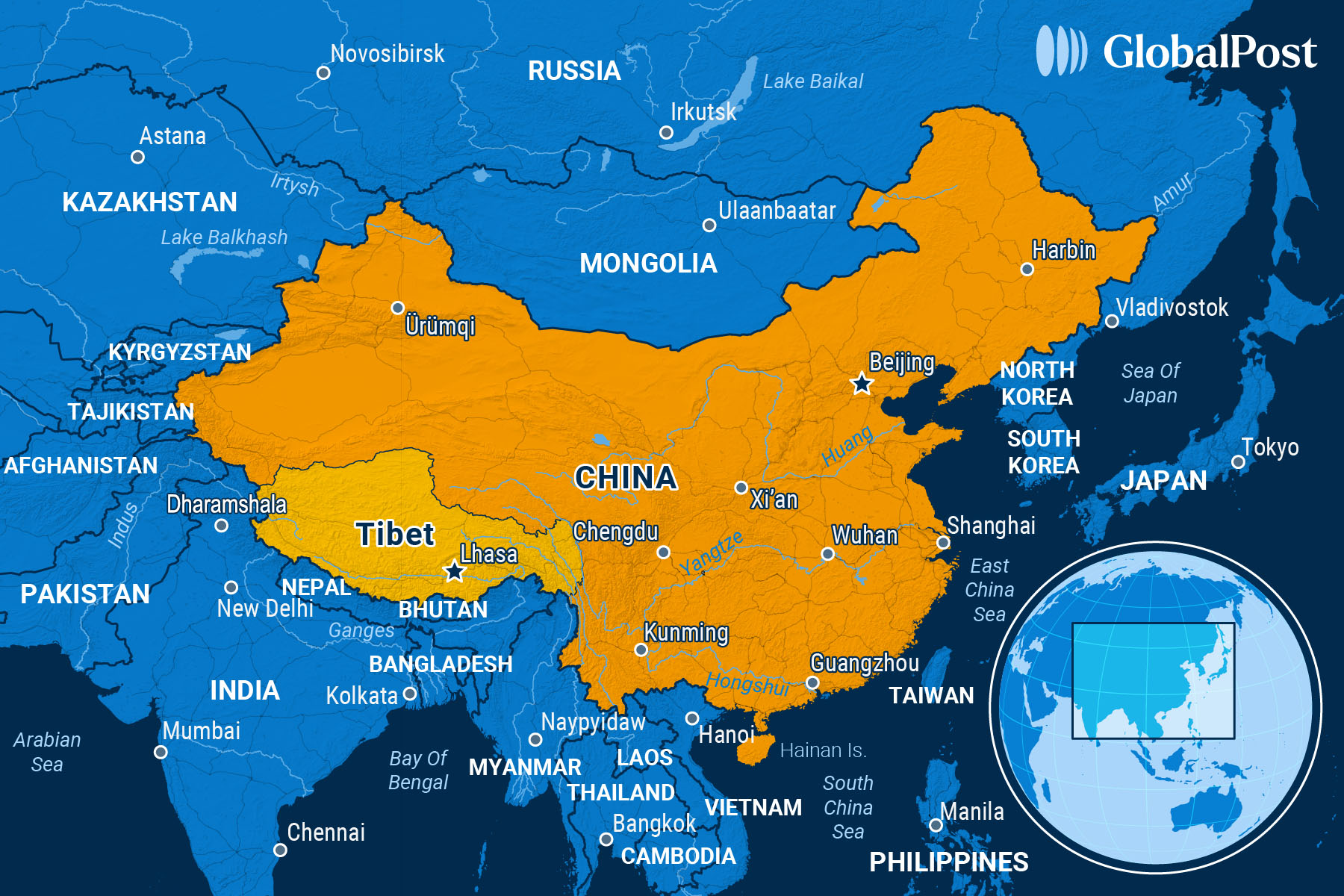Dalai Lama Confirms He Will Pick a Successor, Not China

China on Wednesday criticized a decision by exiled Tibetan spiritual leader, the Dalai Lama, to pick a successor, arguing that the succession procedure should follow tradition and Chinese law, the South China Morning Post reported.
On Wednesday, via a video message, the 14th Dalai Lama ended speculation over the succession, saying that his office held the sole authority to pick the next spiritual leader. He also reiterated that his successor must be born outside China.
“I am affirming that the institution of the Dalai Lama will continue,” said the Dalai Lama, as hundreds of people from around the world gathered in Dharamshala to participate in celebrations marking the leader’s 90th birthday and to hear his message, Reuters noted. “The Gaden Phodrang Trust, the Office of His Holiness the Dalai Lama… should accordingly carry out the procedures of search and recognition in accordance with past tradition.”
The Gaden Phodrang Trust is a nonprofit organization established by the Dalai Lama to uphold and support the spiritual legacy and institutional role of the spiritual leader.
China rejected his statement, saying that the next leader would be from inside China and would need to be approved by the Chinese government. A Chinese foreign ministry spokesperson added that the Dalai Lama’s reincarnation needs to follow “religious rituals and historical conventions” and needs to be approved by the government.
In the Tibetan tradition, Dalai Lamas are “reincarnated” after they die. The current Dalai Lama had fled to the Indian city of Dharamshala in 1959, following the Chinese annexation of Tibet in the early 1950s. This had put succession in doubt, with some wondering whether the 600-year-old institution would end with the death of the current leader, the BBC wrote.
The Dalai Lama, himself, had previously questioned whether to continue the tradition of appointing someone as the Dalai Lama. He had also said his successor could be female, and also that there could be no successor at all.
More recently, however, he said that if there was strong support for the position among Tibetans in exile, which is the case, the tradition would continue.
Tibet scholar Robert Barnett told the BBC that the Dalai Lama’s statement is an “indirect signaling” to China that his decision to personally choose his successor is based on a quasi- democratic process: Asking his followers whether they want the institution to continue.
The Dalai Lama has long been calling for a “middle way” resolution, seeking Tibet’s autonomy within China. Meanwhile, China sees the spiritual leader as a separatist.
At the same time, China says there are benefits to China’s rule over Tibet, claiming that living standards in Tibet have improved since it came under Chinese rule, while denying allegations of suppressing human rights and freedom of expression.
Analysts say that China will likely pick its own Dalai Lama. However, they add that the majority of Tibetans, and the world in general, won’t recognize that handpicked leader.

Subscribe today and GlobalPost will be in your inbox the next weekday morning
Join us today and pay only $46 for an annual subscription, or less than $4 a month for our unique insights into crucial developments on the world stage. It’s by far the best investment you can make to expand your knowledge of the world.
And you get a free two-week trial with no obligation to continue.
